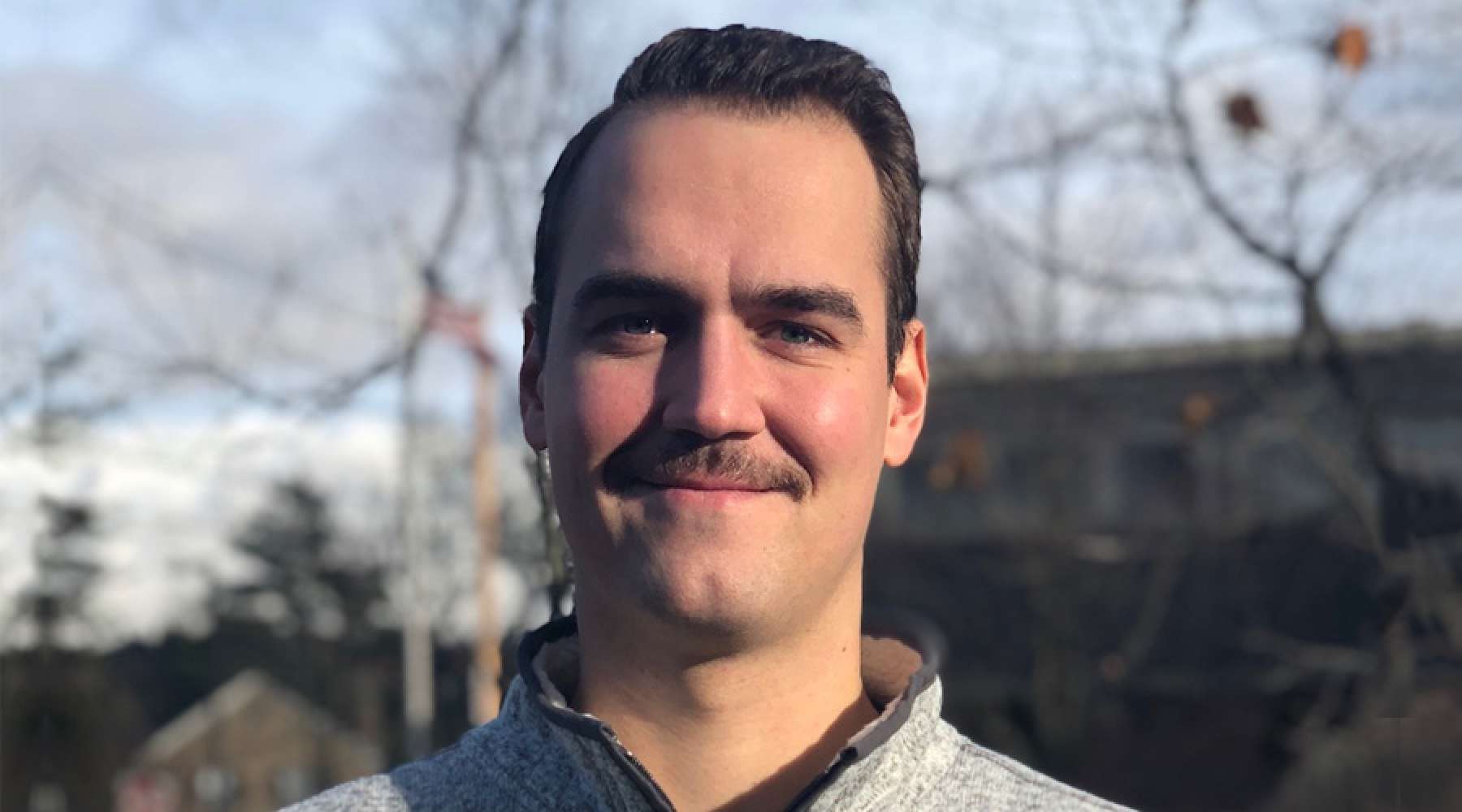
The month of November has come and gone, and with it, a lot of overwhelming emotions as another successful Movember campaign wraps up. This year, over 20 Tuck students and Tuck partners signed up to help change the face of men’s health, exceeding our fundraising goal of $2K by raising nearly $10K. The Movember Foundation is the leading charity supporting men’s health, having funded thousands of projects within the areas of prostate cancer, testicular cancer, mental health and suicide prevention. I feel fortunate to have worked closely with the foundation over the past years and seen first-hand the impact of these initiatives. While these projects are ground-breaking and crucial for men around the world, to me, Movember’s impact extends well beyond funded research and initiatives.

Grant Schaller T'21, Jack Denzler T'21, and Taylor Beaton T'21 sporting their Movember mustaches.
Many people ask me why I became involved with Movember nine years ago. The honest answer is that I was a part of a hockey culture that thought growing mustaches as a team would be hilarious and great for locker room camaraderie. A few years later, between my own battles with mental health following concussion issues and losing a close friend to suicide, I began to truly understand its importance. The mustaches grown during the month of Movember remind us of the significant impact having real conversations about mental health can have.
"The reality is that talking about mental health can be uncomfortable. Speaking up and telling someone that you’re struggling is a lot more difficult than keeping it to yourself—but, speaking up saves lives."
The reality is that talking about mental health can be uncomfortable. Speaking up and telling someone that you’re struggling is a lot more difficult than keeping it to yourself—but, speaking up saves lives. Statistics surrounding mental health and suicide in the United States were frightening last year. Even more alarming is that these statistics have only gotten worse due to the impact of the pandemic and the many other social issues we have faced, with over 40 percent of Americans reporting to have struggled with mental health issues this year. Through the most anxiety-inducing year in recent memory, if you’ve struggled with mental health in any way, you are not alone.
My message to those in the Tuck community and beyond is simple: it’s okay to not be okay. While we are a community of highly motivated and driven individuals, we are not immune to the pressures of academics, recruiting, and beyond. Take the proper time to reflect on your mental wellbeing. If you’re struggling, it’s normal, and it’s alright to talk about it. If you decide to have these difficult conversations, you’ll probably find that there are a lot more people struggling around you than you might have first thought. It’s okay to be vulnerable with a classmate, friend, family member, or professional. It doesn’t make you less strong, it makes you courageous. You are surrounded by an amazing network of people at Tuck who are always happy to lend an ear—don’t be afraid to use them.
I have sincerely appreciated the many conversations I’ve had with classmates over the past month about their own struggles with mental health. We are fortunate to be part of an MBA program that prioritizes mental health and initiatives such as the Tuck Peer Support Counselor Program and Dartmouth Counseling. Although we have a long way to go, I’m grateful for the continuously changing perception of mental health and the stigma that surrounds it, and the amazing work that Movember has done to change it.
Reach out to a friend today to check in. Send a text. Make a call. Have a conversation. Tell those you care about that you love them and that you are there for them. Life is short—don’t be afraid to speak up. You are never alone.

Prior to Tuck, Mikael Clement T’22 worked within the Strategy & Consulting practice at Accenture where he spent most of his time working on customer strategy projects with some of Canada’s largest banks. Mikael has a passion for mental health and suicide prevention initiatives and research and has spent the past several years working closely with the Movember Foundation in Canada. At Tuck, Mikael is involved with the Mental Health and Wellness Initiative Peer Support Program and hopes to found new and impactful initiatives during his two years in Hanover.